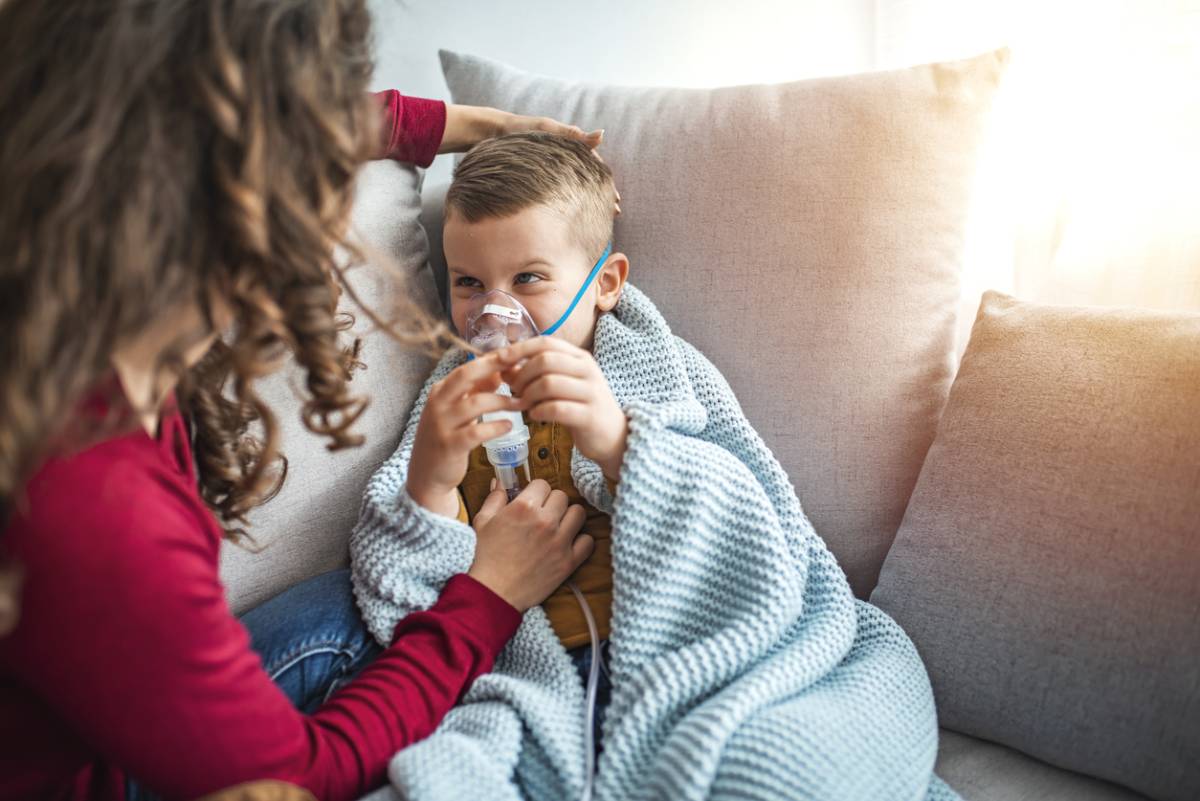No parent wants to see their child suffer from the effects of asthma. While it is very possible and easy to control asthma symptoms, there may be certain times where you aren’t there to provide immediate assistance to your child. It is important that both you and your child know exactly how asthma works, what treatments are needed, and when to use those treatments. This can help both of you get better control over this respiratory illness. Here’s our guide for parents of children with asthma.
Guide for Parents of Children with Asthma
Our experts at the office of a leading local pediatric pulmonologist in New York have put together a guide for parents of children with asthma so you know what to expect in the event that future incidences occur.
Identifying and Diagnosing Asthma
Kids who have asthma develop symptoms before the age of 5, which can make it difficult to accurately diagnose. At first, it may be hard to tell between symptoms of asthma and a common respiratory infection.
As your child grows older, the signs of asthma will become more evident. This is especially true if your child is already dealing with other allergies, or if a parent also has asthma. Some of the emerging symptoms of asthma may include:
- Coughing and wheezing even when not sick
- Wheezing when exhaling
- Chest pain and tightness
- Constant shortness of breath
Cough attacks
One of the first things you should do is schedule an appointment to see an asthma and allergy specialist so your child can get the best of care ASAP.
Managing Your Child’s Asthma
Dealing with asthma can be scary, especially when you don’t know what to expect. You can help both your child and yourself feel more secure when you create an asthma action plan. Include instructions about taking prescribed medicines and learn how to avoid certain triggers that could cause symptoms of asthma to flare up.
Identify Flare-Up Triggers
Certain allergens in the air or a sudden jolt of physical activity can cause a flare-up of asthma symptoms. Both you and your child need to learn how to recognize when a flare-up is going to happen, and whether it is time to go to the emergency room. Make sure they have an inhaler on hand as well as other tools and medicines prescribed.
Take Prescribed Medicine
Your child may be given medicine to be taken daily, such as a once-a-day pill. This can help keep the airways from closing up, tightening, or getting irritated by pollens. Another type of medicine that your child may receive is an inhaler. Inhalers are to be used during an asthma attack or breathing emergency, providing quick relief and keeping airways open.
Prepare for Emergencies
You never know when a severe flare-up can occur. Listen to your child’s warning signs and communication methods and be on the lookout for asthma symptoms growing at a rapid rate. You should always have emergency medicine on hand, as well as the contact information of your child’s respiratory doctor. Knowing how to recognize and treat asthma can make all the difference between life and death.
Get the Best Treatment for Asthma Today!
There are different types of asthma that can be diagnosed in your child based on symptoms and triggers. Whether your little loved one has trouble breathing due to physical allergies or they can’t breathe whenever they go for a run, it is important to get them the best asthma treatment possible – as fast as possible.
Dr. Mayank Shukla is a top-rated pediatric pulmonologist in New York who can help you and your child safely and effectively manage symptoms of asthma. Know how to avoid triggers and when to seek emergency care during a bad asthma attack. Learn more by getting in touch with our experts today. Be prepared and give your child a long, healthy life!

